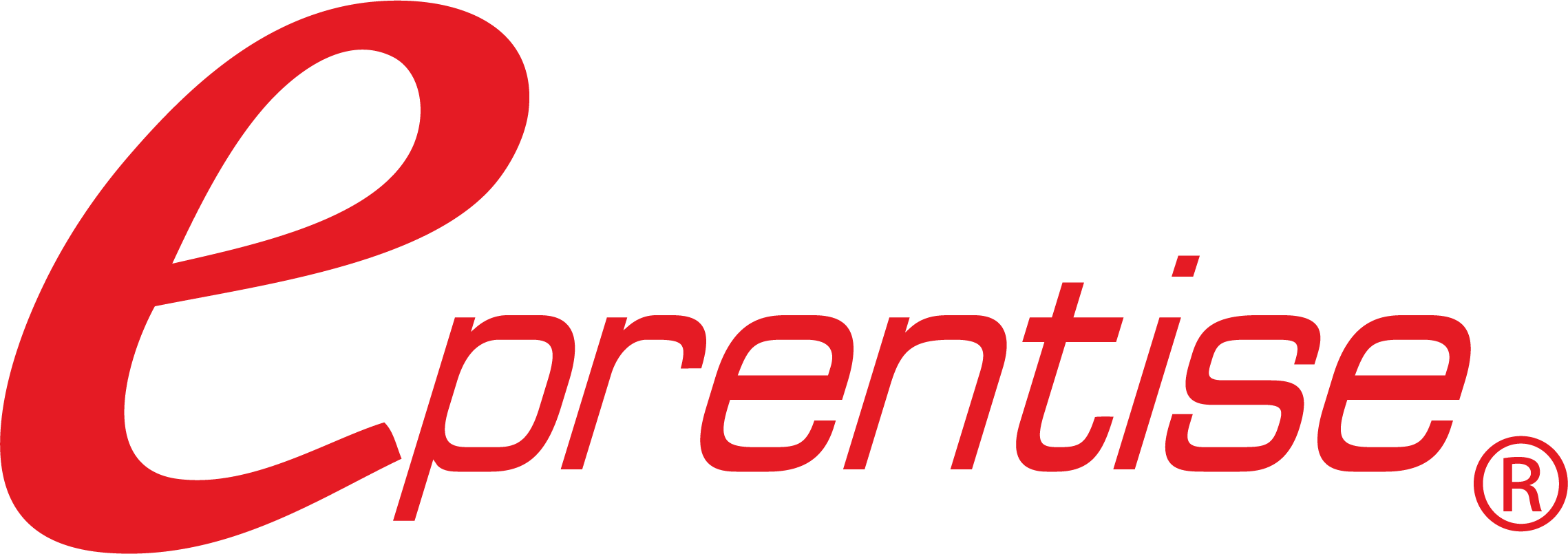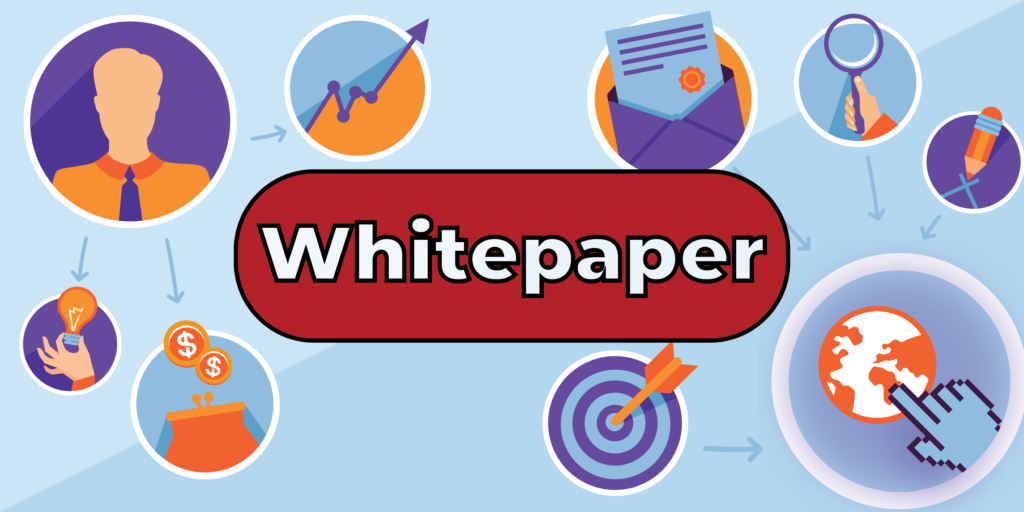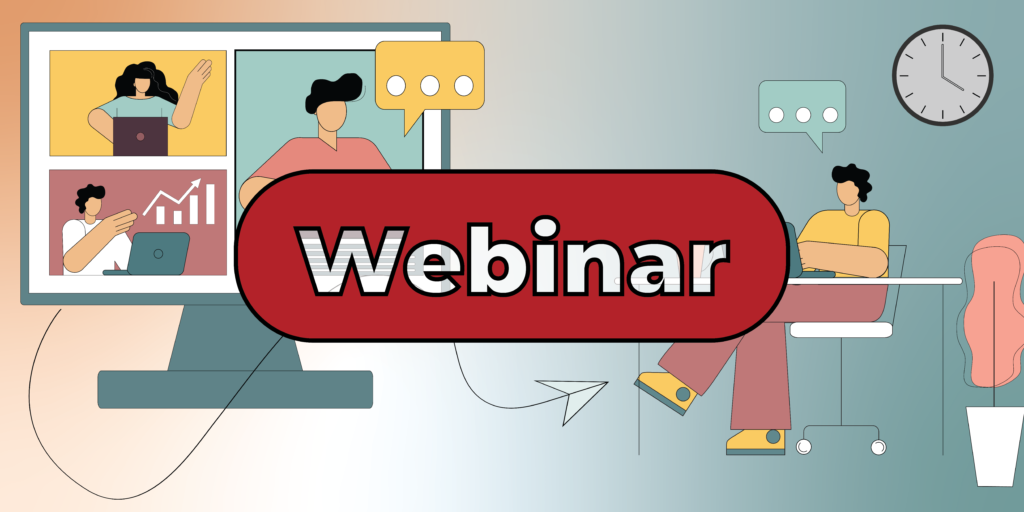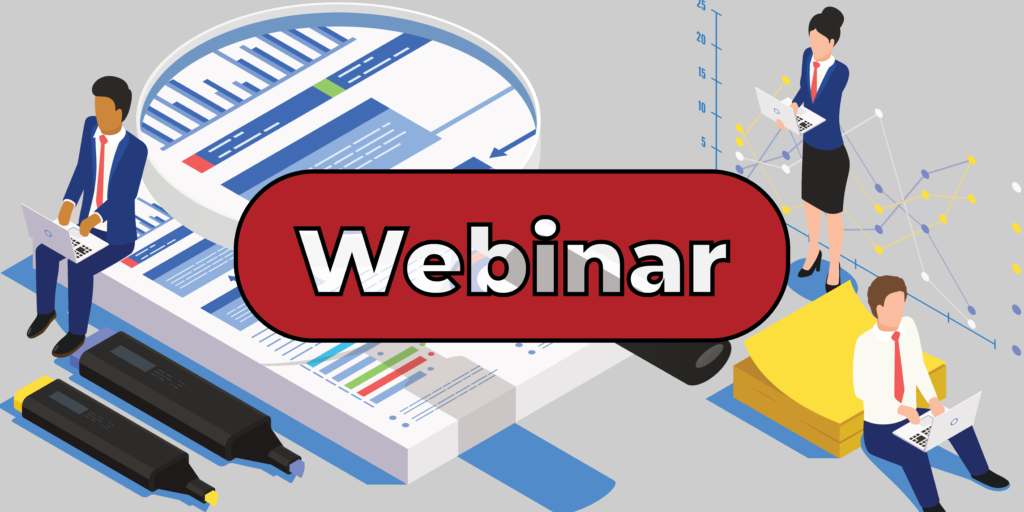This is the second in a series of articles designed to help the more technical people understand the business. They are intended as general reference material. A copy of the first article, Basics of Accounting: General Ledger and Account Types, can be found here. Books or ledgers are used to record the transactions. Closing the books is […]
Author Archives: Brian Lewis
This is the first in a series of articles designed to help the more technical people understand the business. They are intended as general reference material. A copy of the second article, Basics of Accounting: Closing the Books, can be found here. The general ledger (GL) is the repository and reporting vehicle for all financial subledger transactions. Subledgers include the Oracle® Applications […]
Financial Statement Generators (FSG) are powerful tools that can be used to produce a variety of traditional reports such as balance sheets, profit and loss statements, income statements, expense analyses and gross margin reports. Here are eight guidelines will help you get started with making a useful report. Make a Master Row Set – Create […]
Automation continues to transform whole industries – and finance and audit are no exception. Specific to the financial audit, most of the high-volume, routine, non-judgmental activities in real time are being transformed by software, leaving audit professionals more time to do what they do best: analyze results and make expert judgement calls. This webinar focuses on the framework and standards under which audits are currently conducted, and will showcase real-world examples where automation streamlines workflows to transform the entire audit process.
Automation continues to transform whole industries – and finance and audit are no exception. Specific to the financial audit, most of the high-volume, routine, non-judgmental activities in real time are being transformed by software, leaving audit professionals more time to do what they do best: analyze results and make expert judgement calls. This webinar focuses on the framework and standards under which audits are currently conducted, and will showcase real-world examples where automation streamlines workflows to transform the entire audit process.
Automation continues to transform whole industries – and finance and audit are no exception. Specific to the financial audit, most of the high-volume, routine, non-judgmental activities in real time are being transformed by software, leaving audit professionals more time to do what they do best: analyze results and make expert judgement calls. This webinar focuses on the framework and standards under which audits are currently conducted, and will showcase real-world examples where automation streamlines workflows to transform the entire audit process.
Automation continues to transform whole industries – and finance and audit are no exception. Specific to the financial audit, most of the high-volume, routine, non-judgmental activities in real time are being transformed by software, leaving audit professionals more time to do what they do best: analyze results and make expert judgement calls. This webinar focuses on the framework and standards under which audits are currently conducted, and will showcase real-world examples where automation streamlines workflows to transform the entire audit process.
Automation continues to transform whole industries – and finance and audit are no exception. Specific to the financial audit, most of the high-volume, routine, non-judgmental activities in real time are being transformed by software, leaving audit professionals more time to do what they do best: analyze results and make expert judgement calls. This webinar focuses on the framework and standards under which audits are currently conducted, and will showcase real-world examples where automation streamlines workflows to transform the entire audit process.
Under FASB 141-Business Combinations, prior to 2009 merger and acquisition (M&A) transaction costs could be capitalized and recorded as part of the purchase price. Effective in 2009, FASB 141-R Business Combinations (later codified as ASC-805-10) mandates that direct M&A transaction costs now need to be treated separately from the business combination and expensed as occurred. […]
Automation continues to transform whole industries – and finance and audit are no exception. Specific to the financial audit, most of the high-volume, routine, non-judgmental activities in real time are being transformed by software, leaving audit professionals more time to do what they do best: analyze results and make expert judgement calls. This webinar focuses on the framework and standards under which audits are currently conducted, and will showcase real-world examples where automation streamlines workflows to transform the entire audit process.









